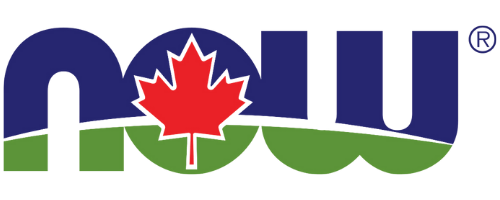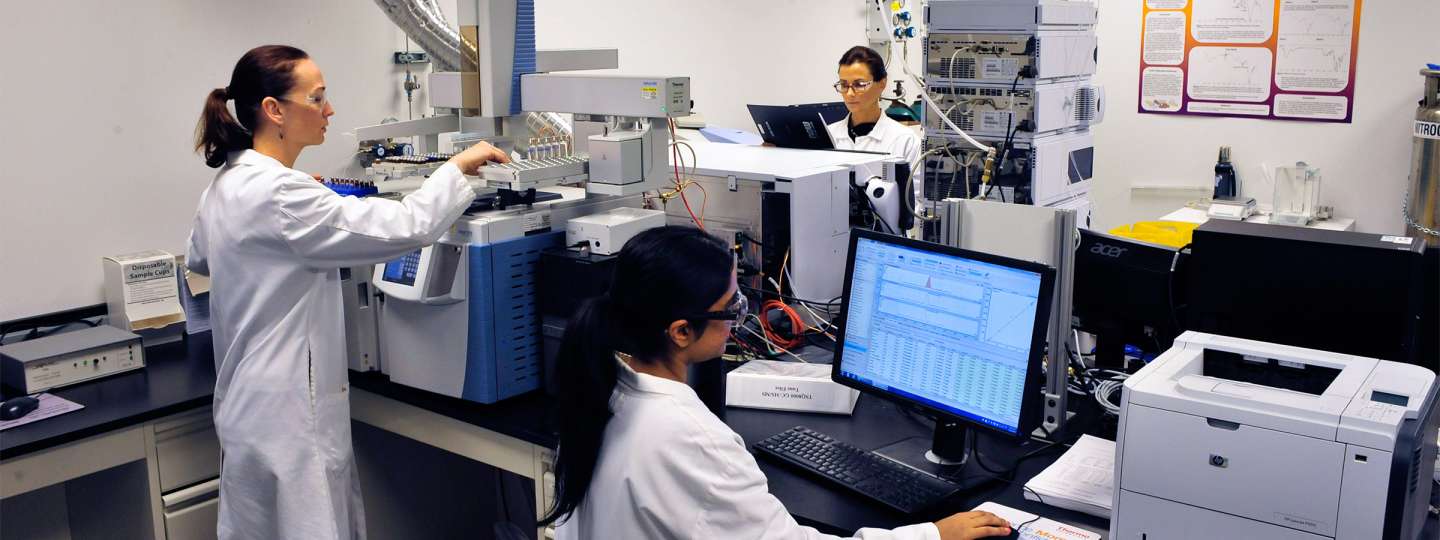NOW’s World Class Labs
How do you measure quality?
When it comes to guaranteeing the safety and quality of NOW’s 1,400+ natural products, testing and scientific analysis make the difference. Our dedication to comprehensive testing sets us apart from other natural products manufacturers.
Did you know that NOW performs more than 16,000 analyses and tests each month? We test incoming raw materials and ingredients, in-process ingredients, and finished products, and we test to ensure our products meet or exceed CGMP standards established by the U.S. Food and Drug Administration (FDA).
In-house laboratories
NOW is one of the few manufacturers in the natural products industry to own and operate its own in-house laboratories. In fact, we don’t just have one, we have several:
- Analytical Preparation – Analytical chemists use numerous extraction procedures and apparatus to isolate compounds of interest from various sample matrices in preparation for analysis on a variety of analytical instruments.
- Physical Testing – Our physical testing laboratory is where all of NOW’s physical attribute testing takes place. Ingredient attributes such as weight, thickness, density, dissolution, melting point, and much more are analyzed to ensure identity and quality.
- Analytical Testing – Our analytical testing laboratories are home to some of our most advanced analytical instrumentation including gas chromatography, high performance liquid chromatography, and more. We employ a variety of different analytical techniques and instruments to verify identification and to ensure the absence of contaminants and adulterants.
- Research & Development Pilot Plant – New formulations and product ideas are developed and tested here. We’re constantly looking for new complementary ingredient combinations that can better support overall health.
- Microbiology – Microbiological screening is one of the most important steps in guaranteeing natural product safety and quality. Our microbiological testing program is designed to ensure the safety of all of our products, from supplements to natural foods.
- Sensory – Our sensory evaluation lab is where selected products are sampled and rated for their sensory, or organoleptic, properties.
- Personal Care – Products and ingredients in our personal care category require unique and specialized processes and analyses that our Personal Care lab is specifically equipped to handle.
- Methods Development – Analytical testing is the heart of NOW’s quality efforts; methods development is the brains. It’s here that our scientists explore potential new methods for the analysis of natural ingredients.
In addition, NOW owns and operates laboratories devoted exclusively to a particular instrument. For instance, our gas chromatography lab is home to more than 20 of these analytical instruments, which we use to analyze volatile components in various mixtures.
Our inductively coupled plasma-mass spectrometry lab is home to these extremely sensitive and sophisticated analytical instruments, which NOW chemists use to determine the elemental composition of an ingredient sample.
Cutting-edge analytical instrumentation
When it comes to safeguarding the quality and safety of our products, NOW spares no expense. We invest heavily in state-of-the-art analytical instrumentation for our in-house laboratories.
- Soleris® Rapid Microbiological System – Detects the presence of harmful pathogens and unwanted contaminants; measures microbial growth by monitoring pH and biochemical reactions.
- RiboPrinter® – NOW technicians utilize this powerful, cutting-edge tool to guarantee the identity, potency, and purity of the bacterial strains used in our probiotic products, as well as to help identify potential bacterial contaminants prior to production.
- High performance liquid chromatography (HPLC) – One of our most important and versatile instruments, HPLC affords our scientists the ability to analyze a great variety of components in raw material samples.
- High performance thin layer chromatography (HPTLC) – With HPTLC, NOW chemists are able to correctly identify botanical species, as well as identify the composition of plant-derived powders and extracts. Our chemists also use HPTLC to differentiate between the expected sample composition and an adulterated sample composition.
- Gas chromatography (GC) – When NOW chemists need to analyze fatty acids in marine- and plant-based oils, as well as other compounds such as MSM, GC is the instrument they turn to. GC is also used to perform fatty acid profiling. We compare a specific fatty acid profile to an established profile database, allowing our chemists to detect if an oil is synthetic, adulterated, contaminated or degraded.
- Inductively coupled plasma-mass spectrometry (ICPMS) – ICPMS is a highly sensitive analytical technique that allows our chemists to detect even trace amounts of elements in a variety of substances, including heavy metals such as arsenic, cadmium, lead and mercury.
- Time-of-flight mass spectrometry liquid chromatography (LC/MS/TOF) – Similar to an extremely sensitive balance, TOF-MS-LC allows NOW chemists to identify sample chemicals by measuring their molecular weight. This instrument provides accurate mass analyses for profiling, identifying, characterizing and quantifying low molecular weight compounds.
- Ultraviolet/visible spectroscopy (UV/Vis) – This specialized analytical technique helps NOW staff measure the content of a liquid compound by analyzing light absorption. Different colors of light are absorbed differently by different compounds, so this technique helps us confirm raw material identity and strength.
- Gas chromatography/mass spectrometry (GC-MS/MS) – Another highly versatile analytical method, GC-MS/MS helps NOW technicians perform multi-residue pesticide and solvent analyses. This method allows for the application of multiple methods with minimal down time for improved productivity.
- Liquid chromatography/mass spectrometry (LC/MS/MS) – Similar to GC-MS/MS, this analytical instrument is also used to perform pesticide testing, and affords NOW chemists the ability to split the list of pesticides we test for between the two instruments to achieve the best possible reproducibility for all pesticides.
- Liquid chromatography-mass spectrometry (LCMS) – This analytical technique is used by NOW chemists to develop cutting-edge methods for identifying new active components in an ingredient, or to seek out trace amounts of adulterants.
- Infrared spectroscopy (IR) – Another sensitive method for the identification of raw materials, IR is a technique that where a sample is exposed to energy in order to make the chemical bonds vibrate. Vibrational patterns will vary depending on a raw material’s unique chemical bonds, which a trained chemist uses to verify identity. NOW utilizes both Fourier transform infrared (FTIR) spectroscopy and near-infrared (NIR) spectroscopy.



